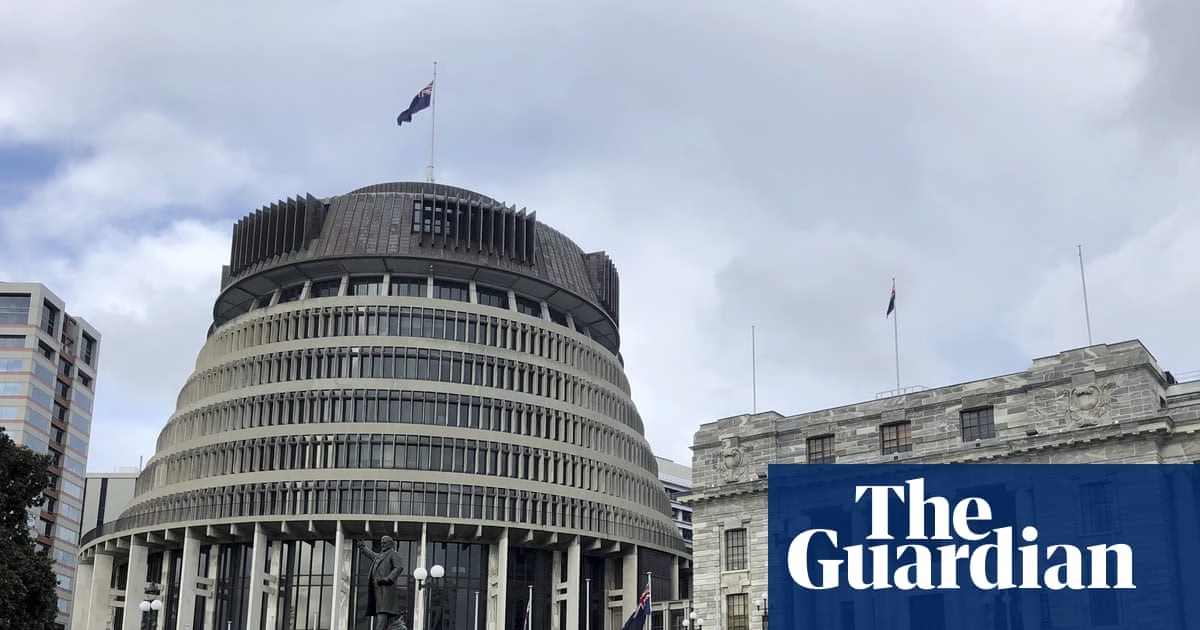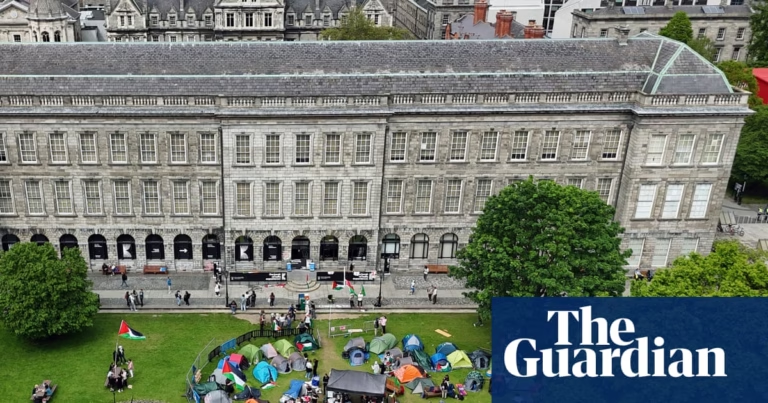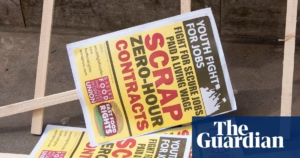New Zealand’s Prime Minister Christopher Luxon has defended his government’s plans to reform its electoral laws, despite warnings from the nation’s top lawyer that the changes could violate human rights law and disenfranchise more than 100,000 voters.
Recently, the right-wing government unveiled its plan to update electoral laws, which it claims are “outdated and unsustainable.” These changes include closing voter enrollment 13 days before election day, reinstating a complete ban on prisoner voting, and prohibiting the provision of free food, drink, or entertainment within 100 meters of a voting station.
Since 1993, voters have been able to enroll to vote during two weeks of advance voting, with the option to do so on election day by casting a “special vote.” Luxon argued that late enrollments have caused significant delays in vote counting processes, asserting the need for voters to register in advance of elections.
However, in a report to Parliament, Attorney General Judith Collins warned that the proposal may conflict with the Bill of Rights, particularly the rights to vote and to freedom of expression. She noted that in the 2023 general election, there were over 200,000 special votes, with many people enrolling or changing their electoral districts during the voting period.
According to Collins, pushing the registration deadline closer to polling day—ranging from one to seven days—would have a less restrictive impact on the right to vote. She also pointed out that special votes are most commonly from younger individuals and communities including Māori, Asian, and Pasifika, which could be disproportionately affected by the new registration deadline.
Collins also criticized the blanket ban on prisoner voting, arguing that it would disenfranchise individuals who have the right to vote without any justifiable reason. Luxon responded that the government would consider the attorney-general’s advice, which is legally required when assessing potential legislation for Bill of Rights compliance.
These proposed changes have drawn criticism from opposition parties, who argue that the government is undermining democracy. Duncan Webb, Labour’s justice spokesperson, contended that such changes should encourage voter turnout, not restrict it, and called it “appalling” as it would make it harder for people to exercise their democratic rights.
Source: https://www.theguardian.com/world/2025/jul/28/new-zealand-electoral-reform-maori-human-rights-law








